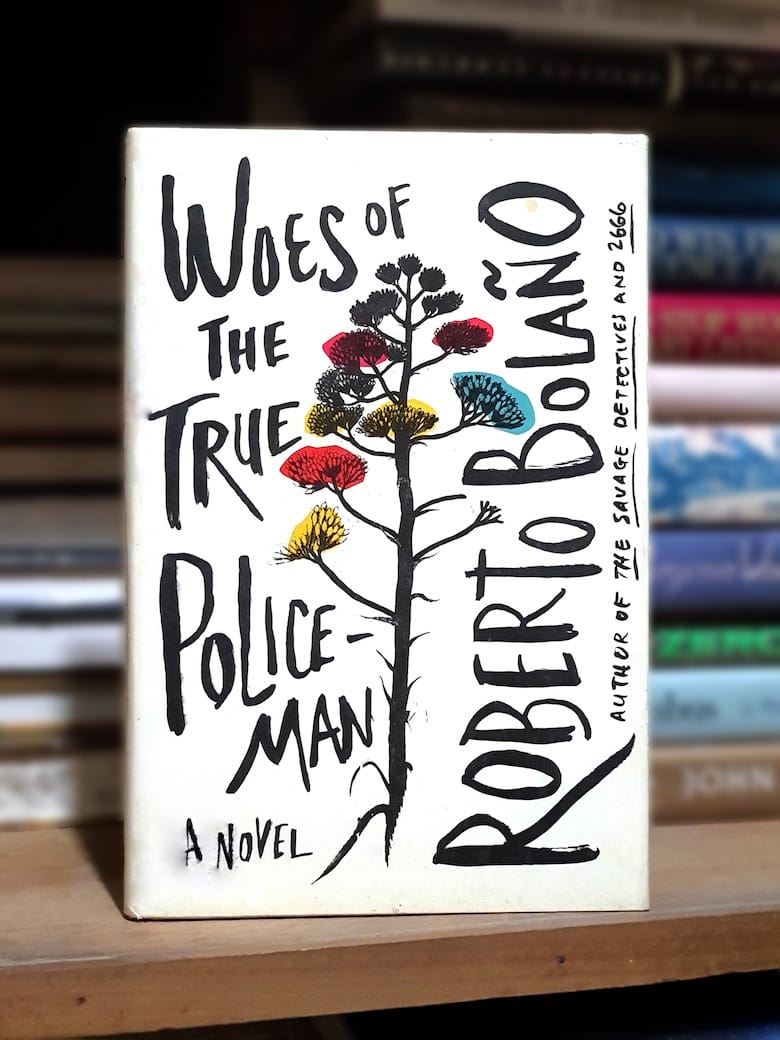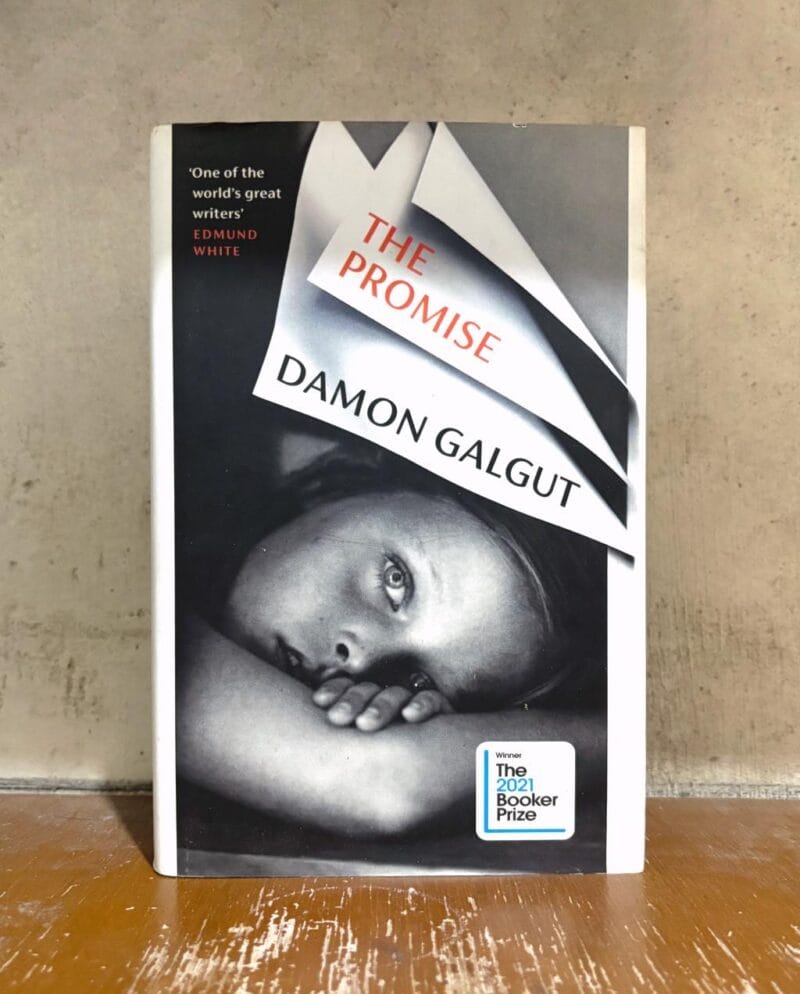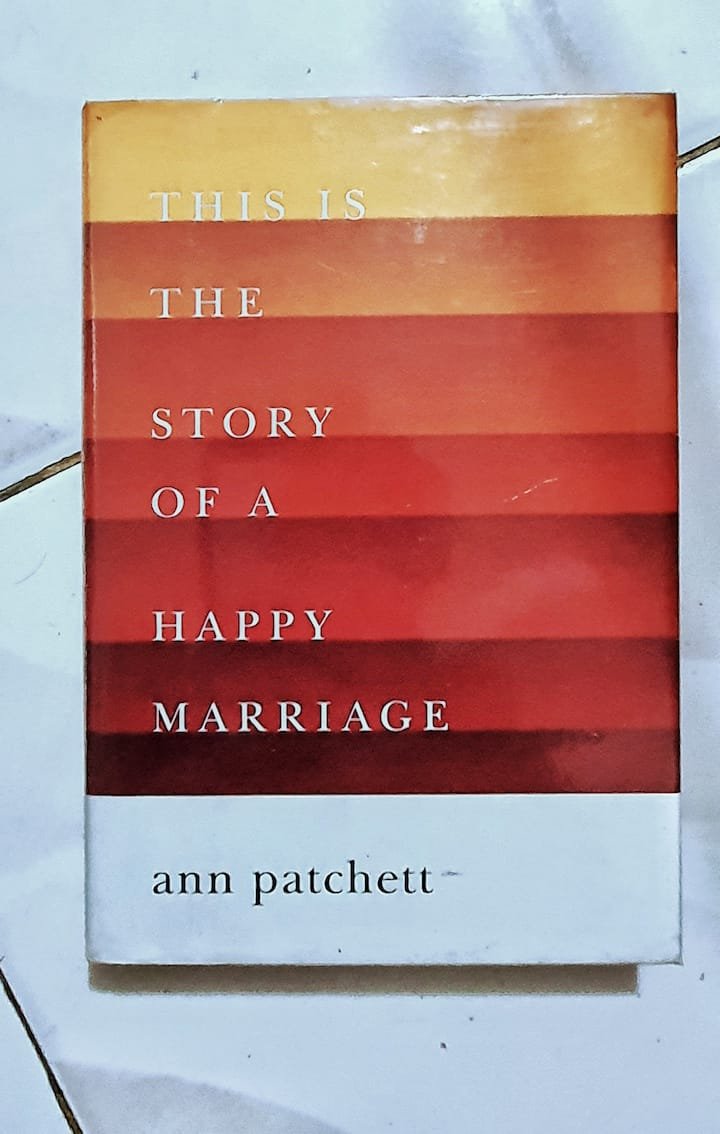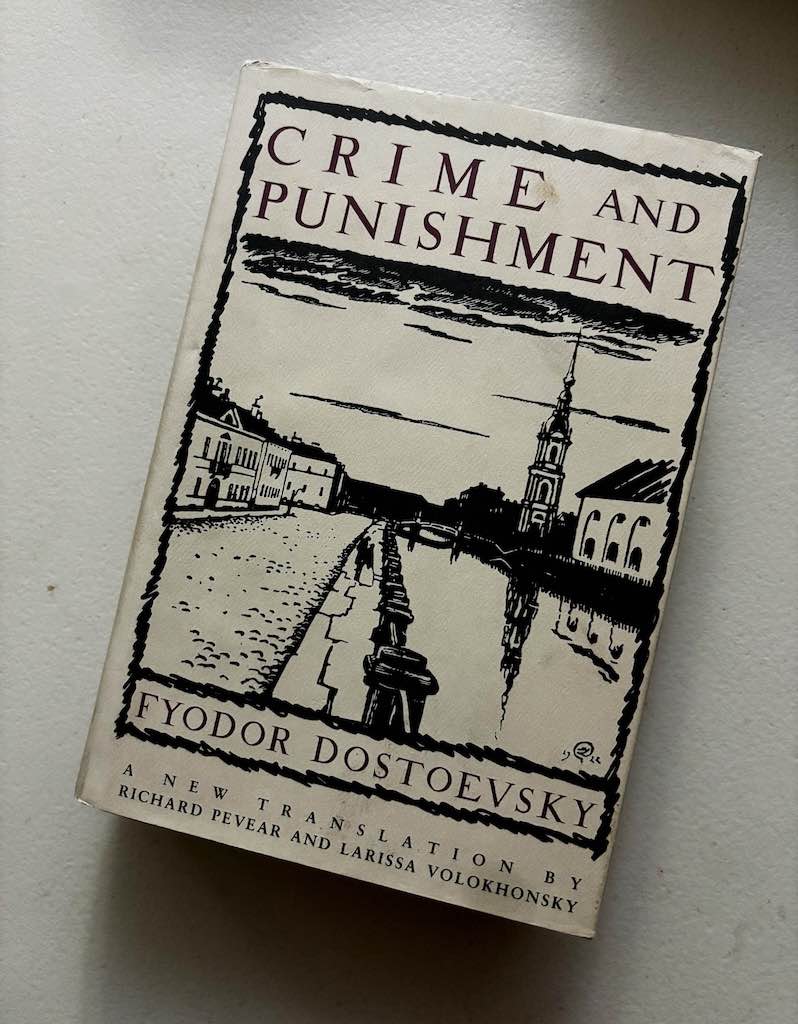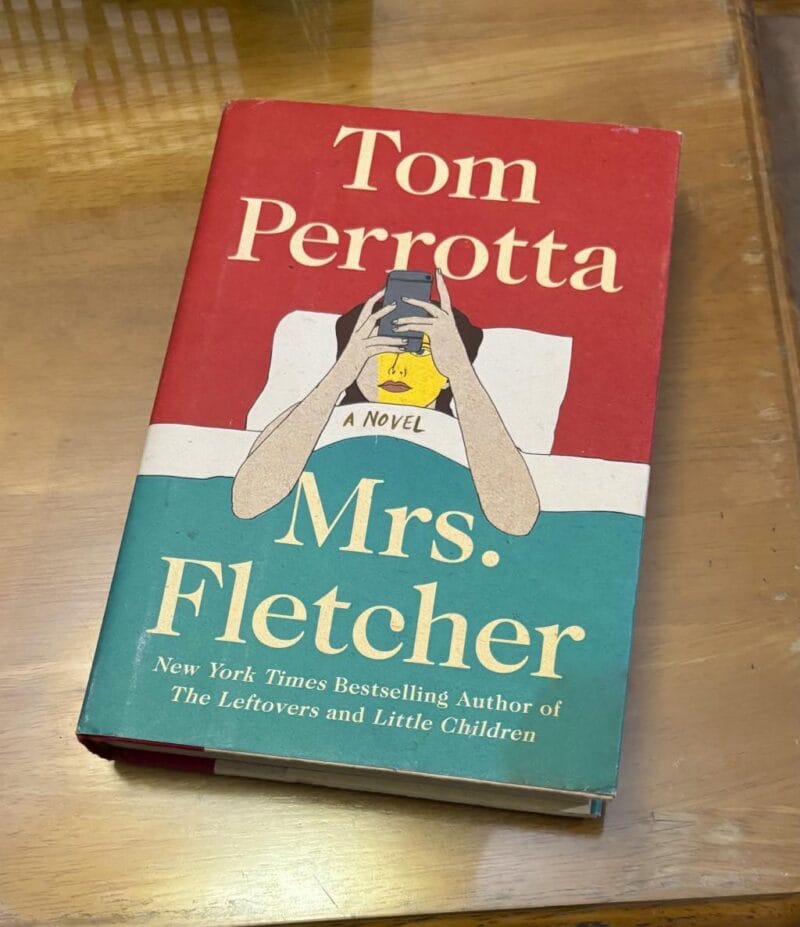The book Woes of the True Policeman was published posthumously in 2011 (originally in Spanish as Los sinsabores del verdadero policía) and serves as a companion to Robert Bolaño’s magnum opus 2666 (published in Spanish 2004), his last novel that was published during his lifetime.
This book’s storyline is reminiscent of 2666 wherein it shares the same protagonist, Oscar Amalfitano, a Chilean philosophy professor. The two books share more similarities and variations to the plot and to the other characters.
Woes of the True Policeman (2012) looks like a collection of source materials to what would eventually become 2666—with plotlines and thematic arcs that were later improved—including the fictitious Santa Teresa at the border of Mexico where a group of policemen tries to solve mysterious killings of female factory workers.
Memorable Quotes
According to Padilla, remembered Amalfitano, all literature could be classified as heterosexual, homosexual, or bisexual. Novels, in general, were heterosexual. Poetry, on the other hand, was completely homosexual. Within the vast ocean of poetry he identified various currents: faggots, queers, sissies, freaks, butches, fairies, nymphs, and philenes. But the two major currents were faggots and queers. Walt Whitman, for example, was a faggot poet. Pablo Neruda, a queer. William Blake was definitely a faggot. Octavio Paz was a queer. Borges was a philene, or in other words he might be a faggot one minute and simply asexual the next.
He said that the only decent German philosopher was Lichtenberg, who was less a philosopher than the ultimate jokester and clown.
Further Reading
Harvesting Fragments From a Chilean Master by Larry Rohter, The New York Times
Roberto Bolaño’s ‘Woes of the True Policeman’ a sketchy work by Jacob Silverman, Los Angeles Times
The Roberto Bolaño Bubble by Sam Carter, The New Republic
Woes of the Posthumous Novel: On Roberto Bolaño’s Latest by Shane Joaquín Jiménez, The Millions
